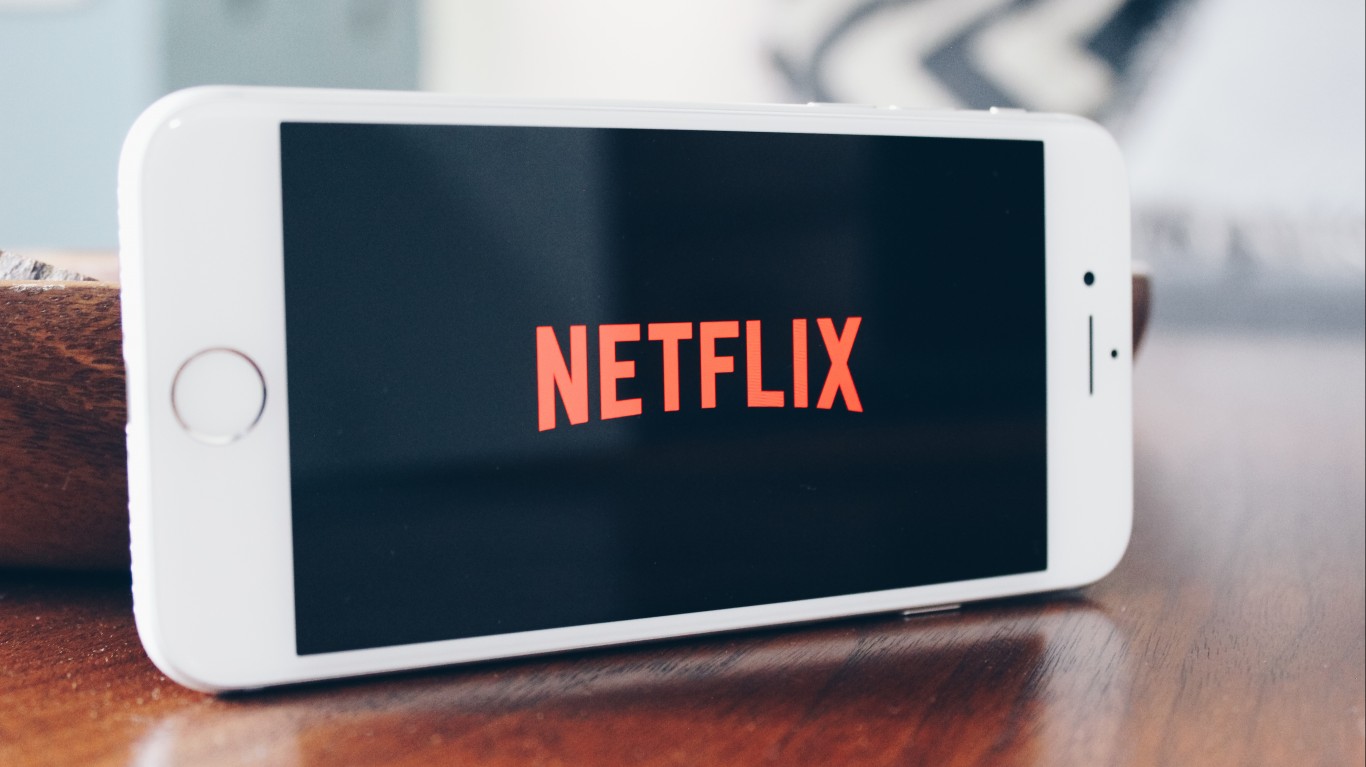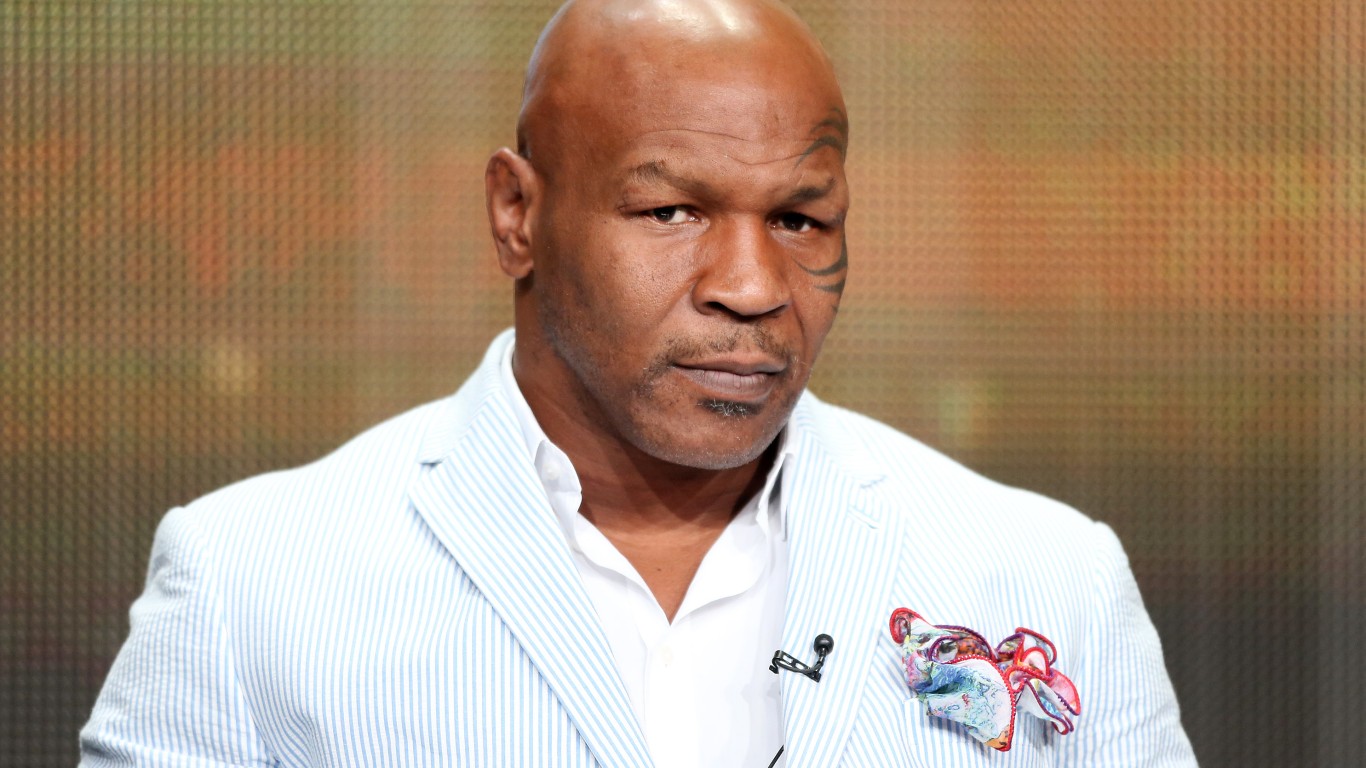
Walt Disney Co. (NYSE: DIS) is in deep trouble. Attendance at its theme parks has been decimated by COVID-19. It fired 28,000 people because of this. It cannot get movies, some of which cost over $100 million to make, into theaters because so many are closed due to the pandemic. It is burdened by a large dividend and crippling debt load. And it has a streaming service that may be worth more than the balance of the company’s businesses combined. Some investors wish streaming was Disney’s only business.
Disney has restructured much of its entertainment business to focus on feeding its streaming operation. It could be that management is only moving deck chairs around the Titanic. Wall Street has shaved Disney’s stock price by 13% in 2020. Its former chief executive officer, Bob Iger, considered one of the preeminent leaders in American business, has largely retired. Disney has a dividend that was not a primary reason to own the stock in the past. Now, it is.
Disney’s market capitalization has eroded to $225 billion. Much smaller, based on revenue, Netflix Inc. (NASDAQ: NFLX) is the streaming industry leader and has a market cap of $238 billion. Its shares have risen 67%. Investors like its business model, and it has 195 million streaming subscribers to Disney’s 100 million. Netflix does not have the legacy cost of big theme parks with tens of thousands of workers and large movie and TV production facilities. Netflix does produce its own movies, but it hires out most of the work to independent producers.
Disney’s market cap would be smaller if it were not for those 100 million streaming subscribers. These customers subscribe to Disney+, Hulu and ESPN+. The largest, Disney+, would not exist if not for decades of Disney legacy movie and TV work. Add to that the billions of dollars of mergers and acquisitions that have loaded onto Disney’s balance sheet. Disney+ programs come from Disney’s movie library, National Geographic, Pixar, Marvel and Star Wars. Disney bought Pixar for $7.4 billion in 2006. It paid $4.0 billion for Marvel in 2009. It bought Lucasfilm, the parent of Star Wars, for $4.0 billion in 2012.
Netflix has not made any acquisitions. Its debt is primarily for the cost to produce its own movies. Those movies, in turn, are meant to give Netflix subscribers exclusive content as a way to keep them as loyal customers.
For Disney to dig its way out of trouble, it needs to convince investors that the weight of debt, theme parks and studios is much more than balanced by its 100 million streaming customers. It will continue to pay a dividend, at least for now. However, that does nothing to prove it can recover to what was until recently, a growing and highly profitable company.
Get Ready To Retire (Sponsored)
Start by taking a quick retirement quiz from SmartAsset that will match you with up to 3 financial advisors that serve your area and beyond in 5 minutes, or less.
Each advisor has been vetted by SmartAsset and is held to a fiduciary standard to act in your best interests.
Here’s how it works:
1. Answer SmartAsset advisor match quiz
2. Review your pre-screened matches at your leisure. Check out the advisors’ profiles.
3. Speak with advisors at no cost to you. Have an introductory call on the phone or introduction in person and choose whom to work with in the future
Get started right here.
Thank you for reading! Have some feedback for us?
Contact the 24/7 Wall St. editorial team.
